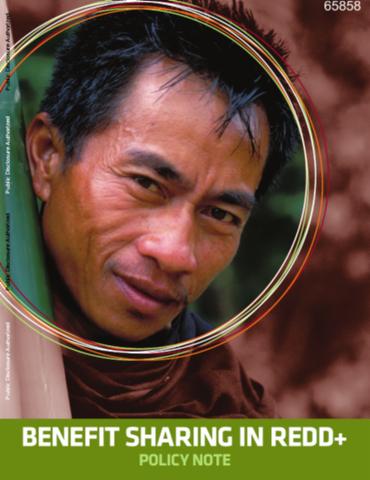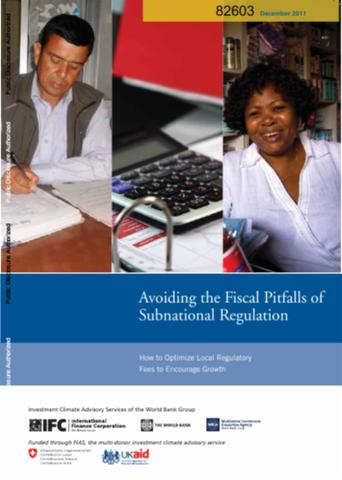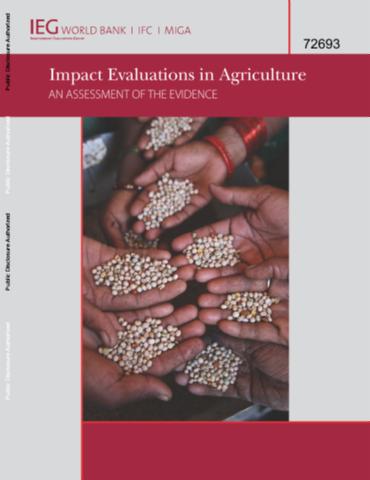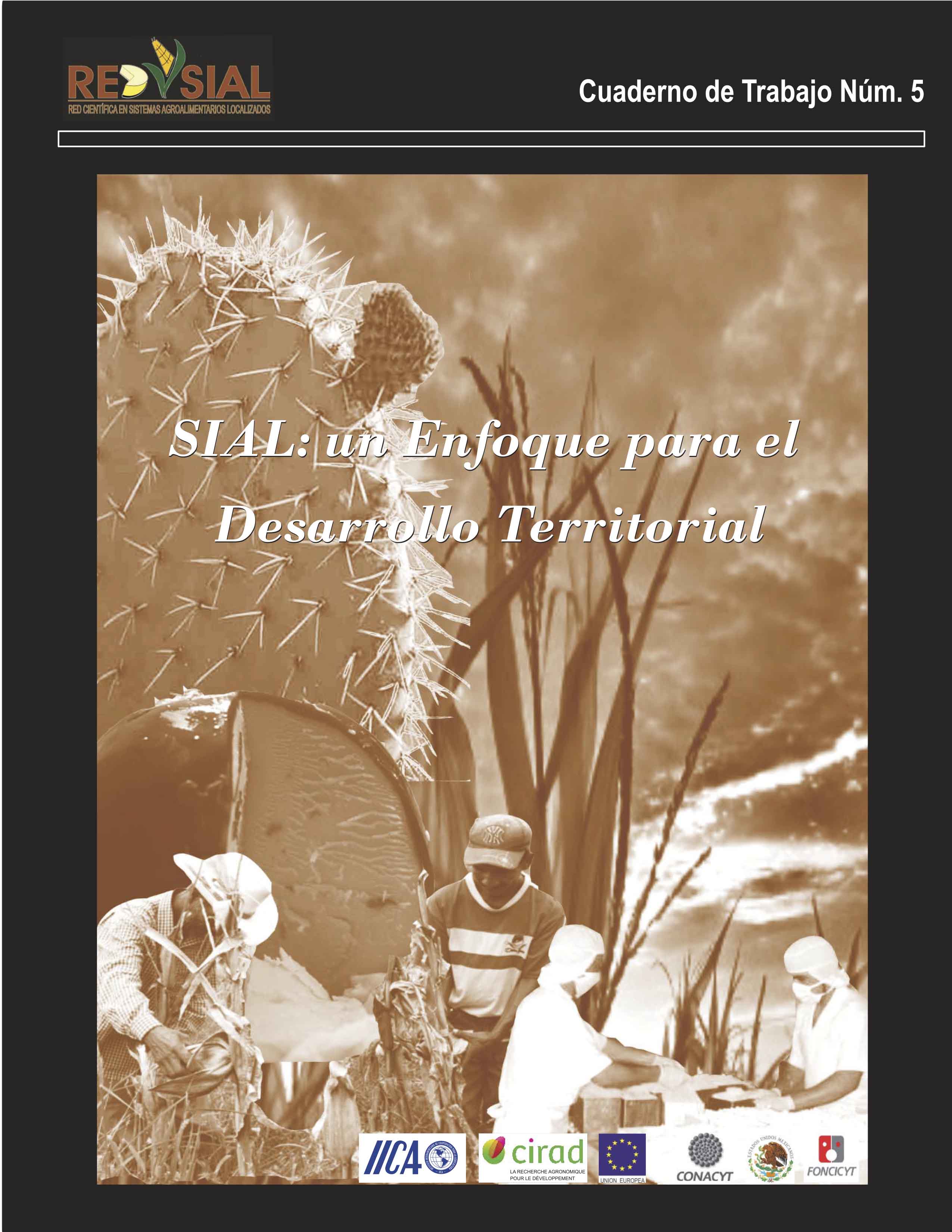Romania - Reining in Local Government Spending
Sub-national Governments play an
important role in the Romanian public sector. In 2009,
sub-national spending was equivalent to 8.5 percent of gross
domestic product (GDP). Romania has frequently adjusted its
system for financing sub-national government over the last
decade. These changes reflect ongoing Government concerns
over the performance of local governments as well as
attempts to increase the transparency and stability of the








